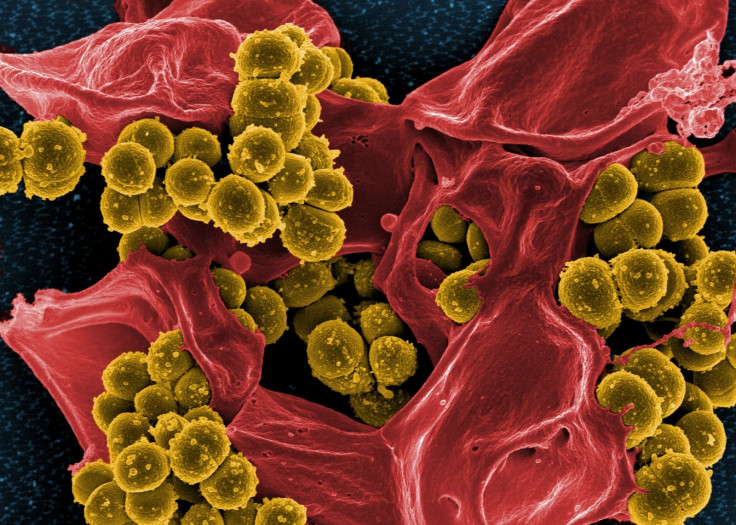Healthy poop may be able to cure diabetes, new research says
Success with engineered E.coli opens the door to faecal transplants being able to treat IBS (irritable bowel syndrome) and obesity.
Diabetes could be cured by modifying bacteria from healthy people's poop, according to new research.
Professor Amir Zarrinpar of the University of California, San Diego, recently published a study exploring how diet affects intestinal microbes and the health of hosts with obesity and type 2 diabetes. The researchers used mice models to collect stool samples and introduce genetically engineered E.coli bacteria into the gut to treat diseases.
With this technique, people with diabetes could completely forgo the need to receive regular, painful insulin injections. Success with the engineered E.coli opens the door to faecal transplants being able to treat various gut conditions, including IBS (irritable bowel syndrome) and obesity.
Faecal microbiota transplant (FMT) dates back to at least 4th century China but hasn't been used systematically yet. It was only last June 2015 that the UK Medicines and Healthcare Products Regulatory Agency (MHRA) issued a position statement that confirmed that Faecal Microbiota Transplant fell into their definition of what is classified as a medicinal product.
A study was published in "Cell," the number one research journal in "Cell Biology" and 'Biochemistry & Molecular Biology, on Aug. 4, 2022. This study supported this technique and recorded how it could positively influence diabetes progression in lab rodents.
Senior author Professor Amir Zarrinpar, who is also an assistant professor of medicine at UC San Diego School of Medicine and a gastroenterologist at UC San Diego Health, said, "We have engineered these bacteria to become factories that can live in our microbiome and potentially produce medicines. We know E. coli can pick up pathogenic genes and cause disease, and now we are just realising if we put a beneficial gene in, it can help us to treat chronic diseases, maybe even cure some of them."
Their research group is currently planning on using this technology to explore the potential of applying microbiome therapy to influence different chronic and genetic diseases.























